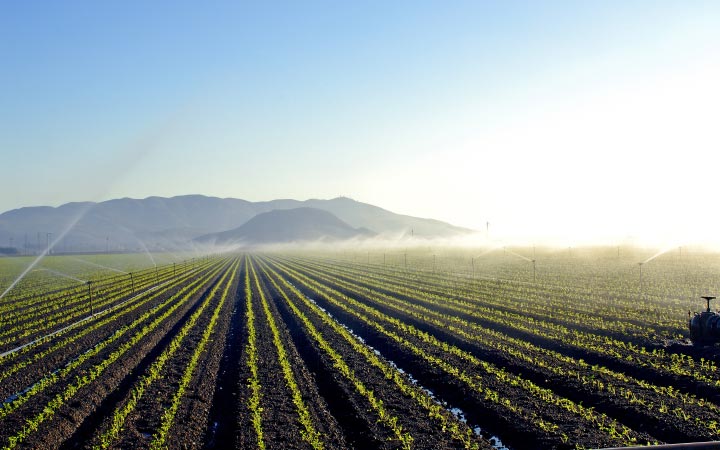Context
Improving the delivery of water in gravity-fed open channel irrigation systems has been key driver for automation of channel systems with a focus on saving water and improving delivery times for customers.
Solution

The University of Melbourne has partnered with irrigation specialist Rubicon Water to automate the operation irrigation systems, developing commercial technology called Total Channel Control (TCC).
MIDAS research in dynamic network control system design and implementation, sensor scheduling and spectrum management underpins TCC’s automation capabilities. This includes radio networks of sensors for measuring flow and water levels and actuators for controlling flow at different locations along the channels. The sensor information is automatically processed online to dynamically adjust actuator settings to match the flows required to meet demand.
Impact
This automated dynamic water network has reduced the lag between water ordering and delivery on farm from weeks to hours, giving farmers greater flexibility. It has improved distribution efficiency, saving water, which is then available for additional irrigation or environmental river flows. In Australia, TCC has been adopted throughout Victoria’s Goulburn Valley and parts of the New South Wales Riverina. It has also been applied in the US, China and New Zealand.